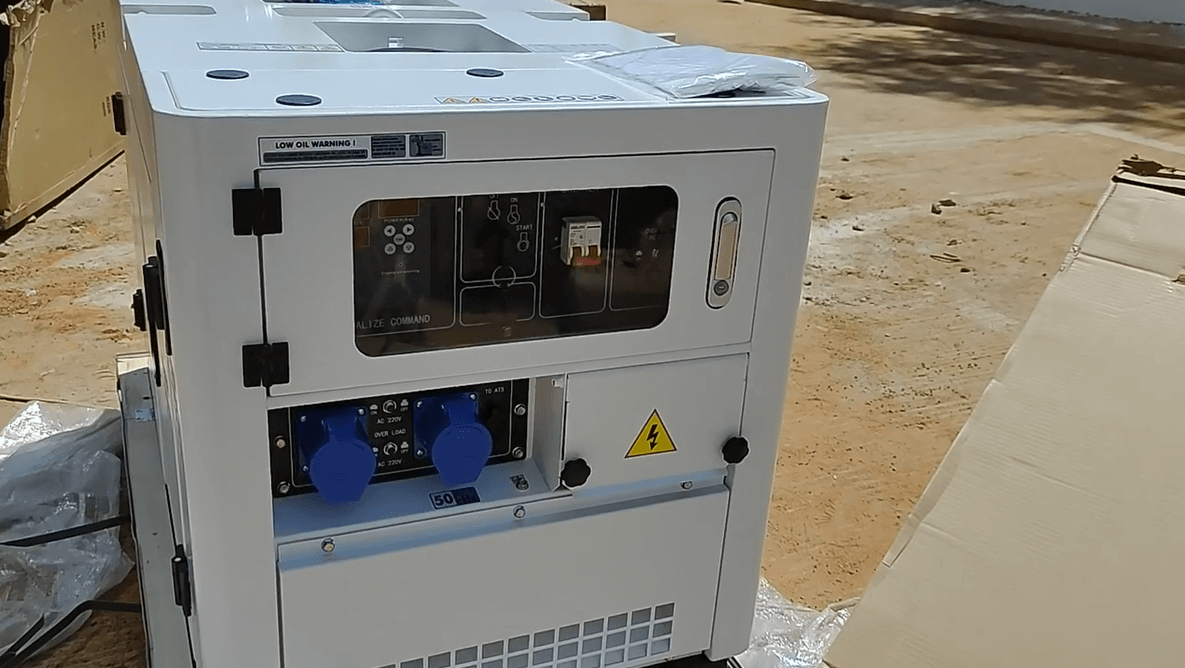Best Choice Of Gas Generator Or Diesel Generator?

So, what are the advantages and disadvantages of diesel generators and gas generators?
What ls Diesel Generator?
What Is Gas Generator?
Advantages of Diesel Generator
1. The diesel generator has a low speed, high torque, and less wear, which allows it to extend its service life and reduce operating costs. (Maintain on time according to the maintenance manual to increase the service life.)
2. Diesel engines operate at relatively higher temperatures due to increased air compression, which results in a more efficient conversion of thermal energy into mechanical energy. Apparently, this phenomenon makes diesel engines much more efficient than gas engines, sometimes by as much as 40%. Fuel consumption is low, making diesel generators more cost-effective.
3. Stability is also a significant advantage. Important institutions such as hospitals, factories, communication industries, and data centers tend to choose diesel as a fuel source due to its reliability.
4. Diesel has good fire resistance.
5. Compact structure, lightweight, small ratio between the overall mass of the internal combustion engine and its calibrated power, and easy to move.
Disadvantages of Diesel Generator
1. Diesel generator shortcomings noise, vibration is serious, interfere with daily life.
2. Diesel generator exhaust smoke contains a lot of sulfur dioxide, polluting the environment.
3. Diesel generator because of the working pressure, the structure is more complex, and the parts processing precision requirements.
4. Diesel generator is not easy to evaporate, in the winter cold start is more difficult, need to configure the pre-heating system.
5. The diesel generator is sold at a high price because its injection pump and nozzle production precision requirements are high.
Advantages of Gas Generator
1. Low fuel cost: natural gas is cheap, the use of natural gas generators can reduce fuel costs.
2. Environmental protection and energy saving: natural gas combustion produces less exhaust emissions, less pollution to the environment, the gas release of carbon dioxide emissions are even less.
3. Gas generators can use liquefied natural gas (LNG) or liquefied petroleum gas (LPG) to provide fuel as the main source of power, and can be directly connected to the gas pipeline, which will be easier to obtain fuel and reduce the cost of use.
4. Gas generators are highly efficient for cogeneration applications.
5. Gas generators are also among the quietest generators available.
Disadvantages of Gas Generator
1. Natural gas is a non-renewable energy source, and gas generators need to be connected to gas pipelines, the supply of which is limited by geological conditions/geopolitics/natural disasters/market supply and demand/international energy prices and the impact of regional wars, and there is a risk of supply, and the price of gas is more volatile, and there is a certain degree of uncertainty in operating costs.
2. Although gas generators emit less exhaust gas than diesel generators, they still produce greenhouse gases such as carbon dioxide, which adversely affects climate change and the environment.
3. Natural gas is a gaseous fuel that is not easy to store and carry, posing certain safety risks. Gas fuel is flammable and explosive, posing a greater fire risk than diesel fuel, and requires regular maintenance and inspections
Conclusion
The best choice depends on your usage scenario and specific application. Consider all of the above factors to make the best choice for yourself. If possible, you should seek professional advice to gain a better understanding of diesel generators and gas generators in order to make an informed decision.
Start Your Engine & Generator & Water Pump Journey With Tavas
+8613515862946(Wechat)
www.tavaspower. com
catherine@tavaspower.com

